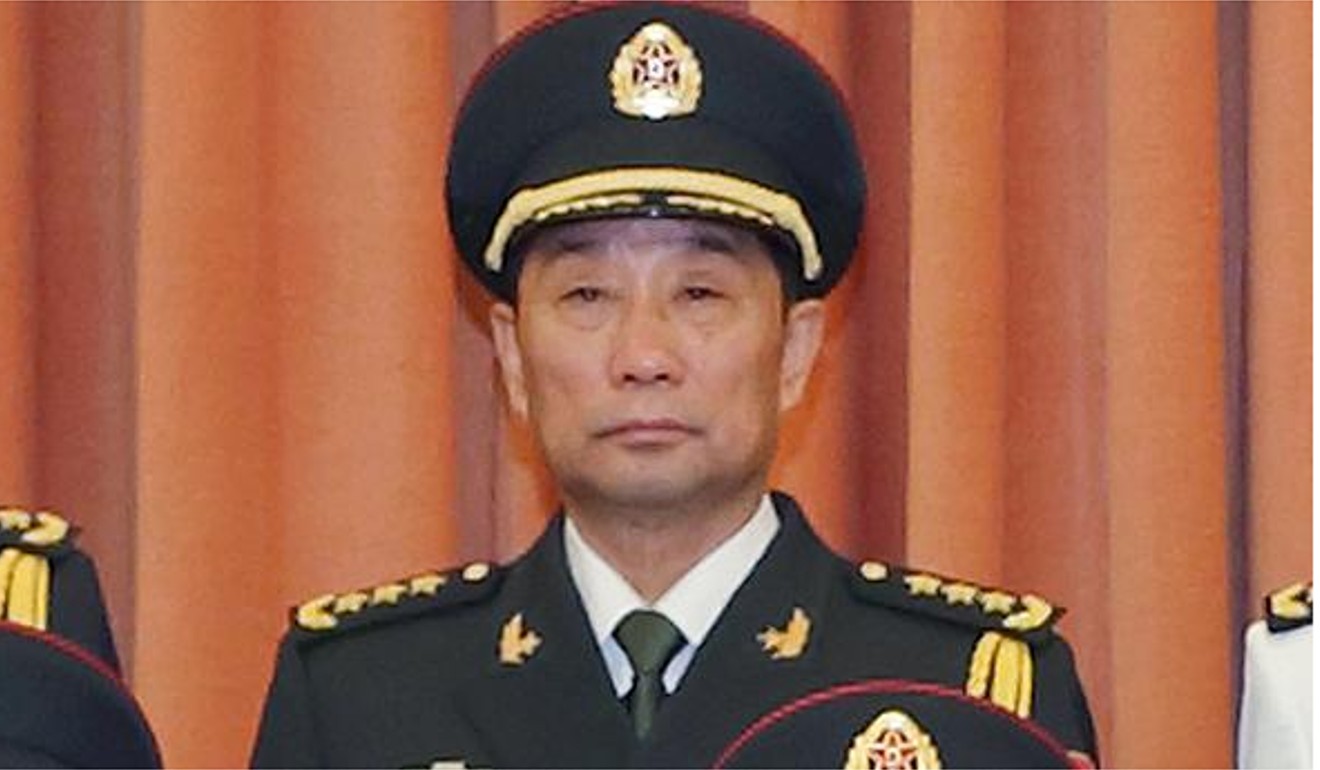
Dream over for Chinese State Councillor who fails to keep seat on Central Committee
Once touted as a possible vice-premier, secretary general of State Council Yang Jing is inexplicably excluded from party’s governing body
A senior Chinese politician who had been tipped to become a vice-premier appears to have lost any such hopes after failing to retain his seat on the Central Committee, the party’s governing body.
Yang Jing, one of the seven sitting members of the Secretariat – a powerful body that serves the Politburo – and the current secretary general of the State Council, was widely expected to be promoted to the Politburo following the party congress.
However, a prerequisite for such a promotion is membership of the Central Committee. All four current vice-premiers are members of the Politburo.
What is perhaps even more puzzling is that 64-year-old Yang was among the 42 members of the presidium standing committee at the party congress that had the final say on who made the shortlist for the Central Committee vote.
Before his appointment to leading roles in the State Council, Yang, an ethnic Mongolian, spent 38 years working in Inner Mongolia, and served as the region’s governor for five years from 2003 to 2008.
His experience in the coal-rich region was considered useful as the government sought to reduce overcapacity in the mining sector and improve the environment, in line with President Xi Jinping’s ambitions.

A total of 204 people were elected to the Central Committee following a vote on Tuesday morning. Congress delegates said 17 candidates were eliminated following an initial ballot, though it remained unclear whether Yang had been voted off or had simply not made the list in the first place.
In an electoral system known for its prearranged outcomes, it was certainly something of a surprise for a candidate of Yang’s stature to suddenly disappear from the reckoning.
He was not alone, however. Song Puxuan, a senior military figure in charge of the Logistics Support Department was also a surprise omission from the list of candidates for the Central Committee.
In 2014, Song was promoted to the rank of general in charge of the Northern Theatre Command, which oversees the defence of the capital and China’s border with North Korea.
The 63-year-old was also responsible for the military parade held on August 1 to celebrate the 90th anniversary of the founding of the People’s Liberation Army, and the more traditional parade held in downtown Beijing 2015 to mark the 70th anniversary of the end of the second world war.
Song had been making steady progress through the ranks since Xi came to power in 2012, so his failure to make the Central Committee was unexpected.

